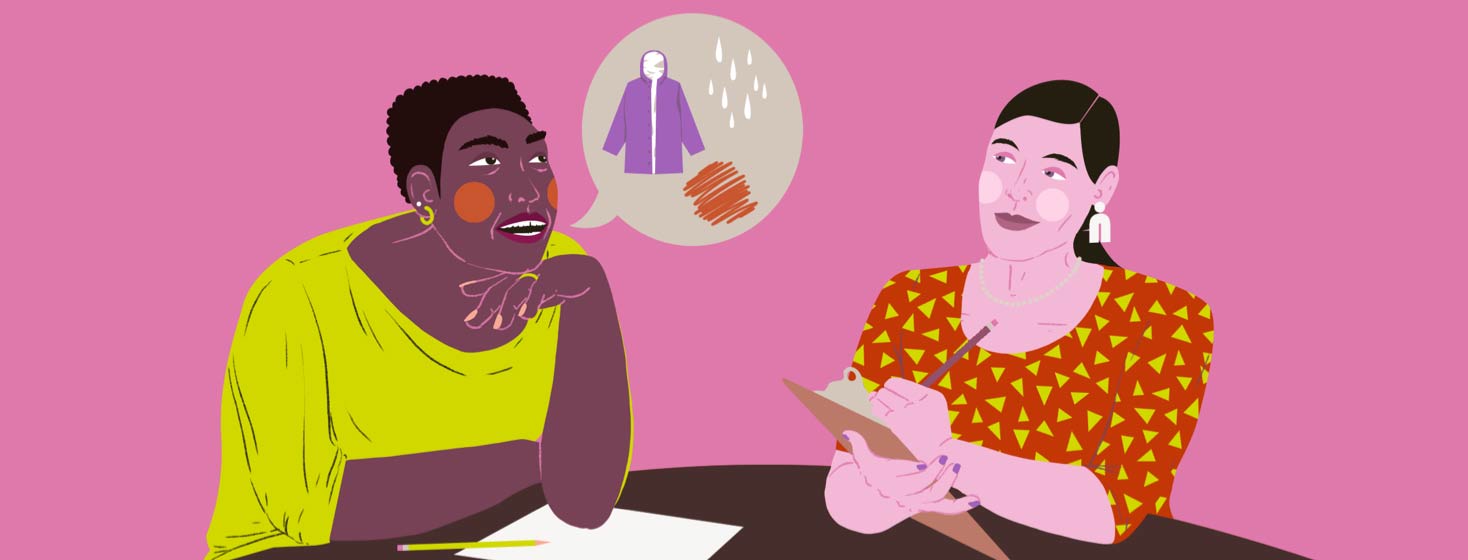How Is Pompe Disease Treated?
Reviewed by: HU Medical Review Board | Last reviewed: February 2024 | Last updated: March 2024
Pompe disease is a rare, inherited disease in which the body cannot process glycogen, a type of sugar. People with Pompe disease do not make enough of a chemical in the body called acid alpha-glucosidase (GAA). GAA is an enzyme that helps the body break down a specific complex sugar. Without GAA, these sugars build up in the organs and muscles, causing serious symptoms or death.1,2
Pompe disease was the first genetic disorder identified in a group of conditions called lysosomal storage diseases. There are nearly 50 of these diseases. Each is caused when the body does not create a particular enzyme. This leads to toxins building up in the body and causing organs to fail.1,3
There is no cure for Pompe disease, but there are treatments. Pompe disease may also be called:1,2
- Acid alpha-glucosidase (GAA) deficiency
- Glycogen storage disease II (GSD2)
- Acid maltase deficiency
Types of Pompe disease
There are 2 types of Pompe disease:1,2
- Early-onset appears within a few months of birth
- Late-onset appears later in childhood or in adulthood
Babies with early-onset Pompe disease make no or very little GAA. Symptoms include an enlarged heart, feeding problems, muscle weakness, and breathing problems. A large tongue is common. Most children with classic early-onset type die from heart or lung complications before their first birthday.2,4
Children and adults with late-onset Pompe disease make some GAA but not enough. Symptoms can begin at any age and rarely include heart problems. Instead, muscle weakness in the hips and shoulders progresses to the breathing muscles. People with this form of Pompe disease may live longer because their disease progresses more slowly.1,2,4
Pompe disease treatments
Treating Pompe disease is complicated and requires coordination between many specialist doctors. A typical care team could include a pediatrician or internist, cardiologist, neurologist, orthopedist, pulmonologist, dietitian, physical therapist, speech therapist, and respiratory therapist.1,4,5
Medicines approved for people with this condition include:1,5
- Alglucosidase alfa (Lumizyme©) is approved to treat all ages with Pompe disease
- Avalglucosidare alfa-ngpt (Nexviazyme©) is approved for ages 1 and older with late-onset Pompe disease
- Cipaglucosidase alfa-atga (Pombiliti™) and miglustat (Opfolda™) are approved for adults with late-onset Pompe disease
- Miglustat (Opfolda™) and cipaglucosidase alfa-atga (Pombiliti™) are approved, in combination, for adults with late-onset Pompe disease
These drugs replace the GAA enzyme the person's body does not make on its own. This prolongs life but is not a cure.2,6
Many other treatments are used to help relieve the complications of Pompe disease:6
- Physical therapy to strengthen breathing muscles
- Devices such as braces, canes, walkers, or wheelchairs to aid movement as muscles weaken
- Speech therapy for problems talking
- Surgery to correct spine issues
- Special high-calorie diet to maintain weight
- Feeding tube and a ventilator at later stages
Research into new treatments
Early clinical studies are underway to try and find new treatments for Pompe disease. Gene therapy shows promise. Gene therapy uses a gene to treat or cure a disease. It works by adding new copies of a gene that is broken or replacing a defective or missing gene. With Pompe disease, the new gene would help the body make enough GAA to process glycogen properly.1,7
Other studies are looking at whether new medicines, exercise, and high-protein diets may slow the disease.1
